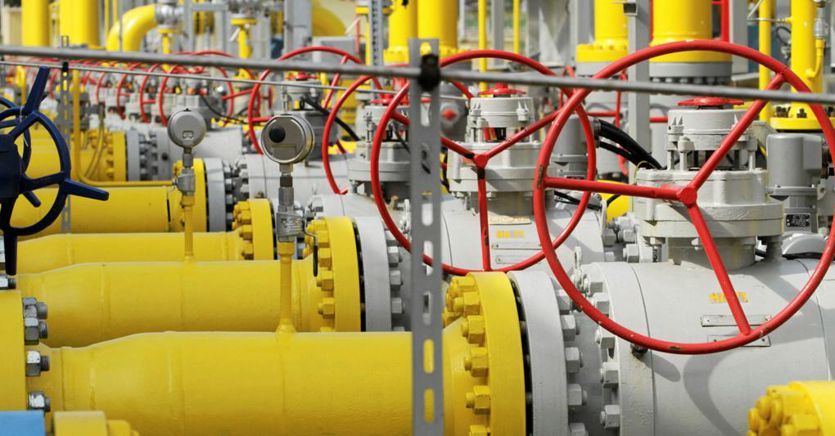Germany “in days” will be able to give up Russian oil, while Poland has perhaps already said goodbye to gas from Moscow, albeit in advance of what it would have hoped for: supplies have gone to zero and may never resume. Gazprom has closed the taps and the same, as it emerged in the following hours, will do the same with Bulgaria. An acceleration of events that seems to pave the way for more severe sanctions by the EU.
Economy Minister Robert Habeck announced the forthcoming emancipation of Berlin on the crude oil front, stating that “an embargo has now become manageable for Germany”. The German government has in fact managed to reduce dependence on Moscow to just 12% (from 35% before the invasion of Ukraine) by identifying alternative supplies for the Leuna maxi refinery and is now committed to finding a solution also for the another plant served by the Druzhba pipeline, that of Schwedt, participated by Rosneft.
Effects on prices
The latest developments on the gas front are more uncertain. The alarm, which started in Poland, on Tuesday 26 caused a surge of up to 20% in the price of gas, which reached 107 euros per megawatt hour at the TTF, before falling back to 99 euros, however up by 6.6% compared to Monday.
Warsaw has been preparing for years to do without Russian gas, on which it once depended 100%: it has two regasifiers, largely supplied thanks to contracts with US companies, and from 1 October it will put the Baltic into operation Pipe, a gas pipeline with which it will be able to import 10 billion cubic meters of gas a year from Norway. In this way it will be able to completely replace Russian supplies, avoiding renewing the contract with Gazprom, which expires at the end of the year.
There is also another pipeline under construction, with a capacity of 4.7 billion cubic meters per year, which will allow gas to be exchanged between Poland and Slovakia: infrastructure tests will begin in July.
